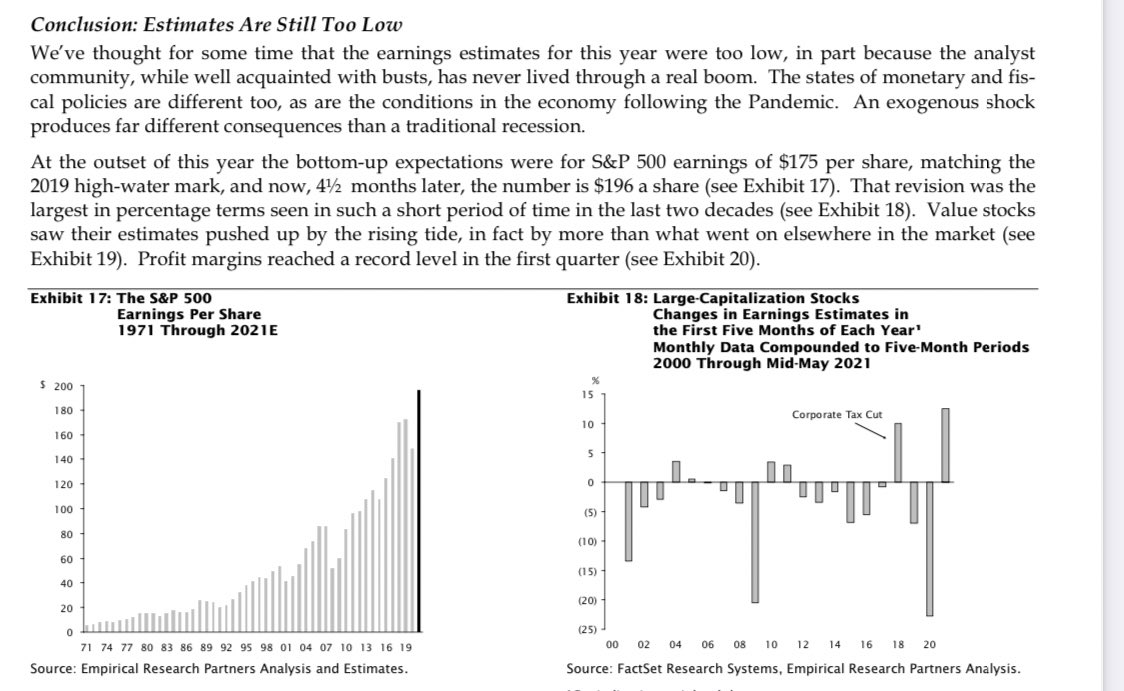
Article positing Just In Time is responsible for the everything shortage.
1) in the counterfactual, what level of buffer stocks and supply redundancies would have bridged the covid shock?
2) how many businesses could absorb that capital and cost?
nytimes.com/2021/06/01/bus…
1) in the counterfactual, what level of buffer stocks and supply redundancies would have bridged the covid shock?
2) how many businesses could absorb that capital and cost?
nytimes.com/2021/06/01/bus…
The rejoinder is going to be "if they couldn't afford those buffer stocks and redundancies, maybe they shouldn't be in business or should raise prices!".
Reminds me of people like "why didn't the airlines have resilience against a greater than 100% decline in revenue??".
Reminds me of people like "why didn't the airlines have resilience against a greater than 100% decline in revenue??".
Amusing:
"In the story of how the modern world was constructed, Toyota stands out as the mastermind of a monumental advance in industrial efficiency. The Japanese automaker pioneered so-called Just In Time manufacturing"
"The automaker least affected by the shortage is Toyota"

"In the story of how the modern world was constructed, Toyota stands out as the mastermind of a monumental advance in industrial efficiency. The Japanese automaker pioneered so-called Just In Time manufacturing"
"The automaker least affected by the shortage is Toyota"


And of course, no article could be complete without blaming share repurchases for global pandemic caused supply chain challenges 

• • •
Missing some Tweet in this thread? You can try to
force a refresh














